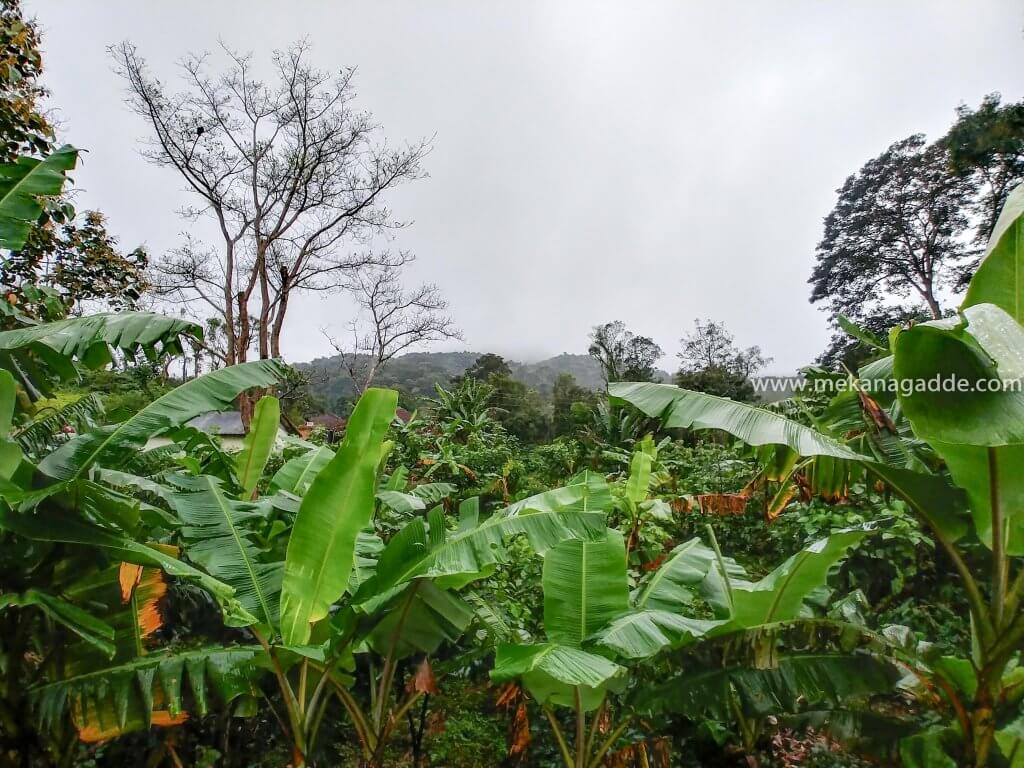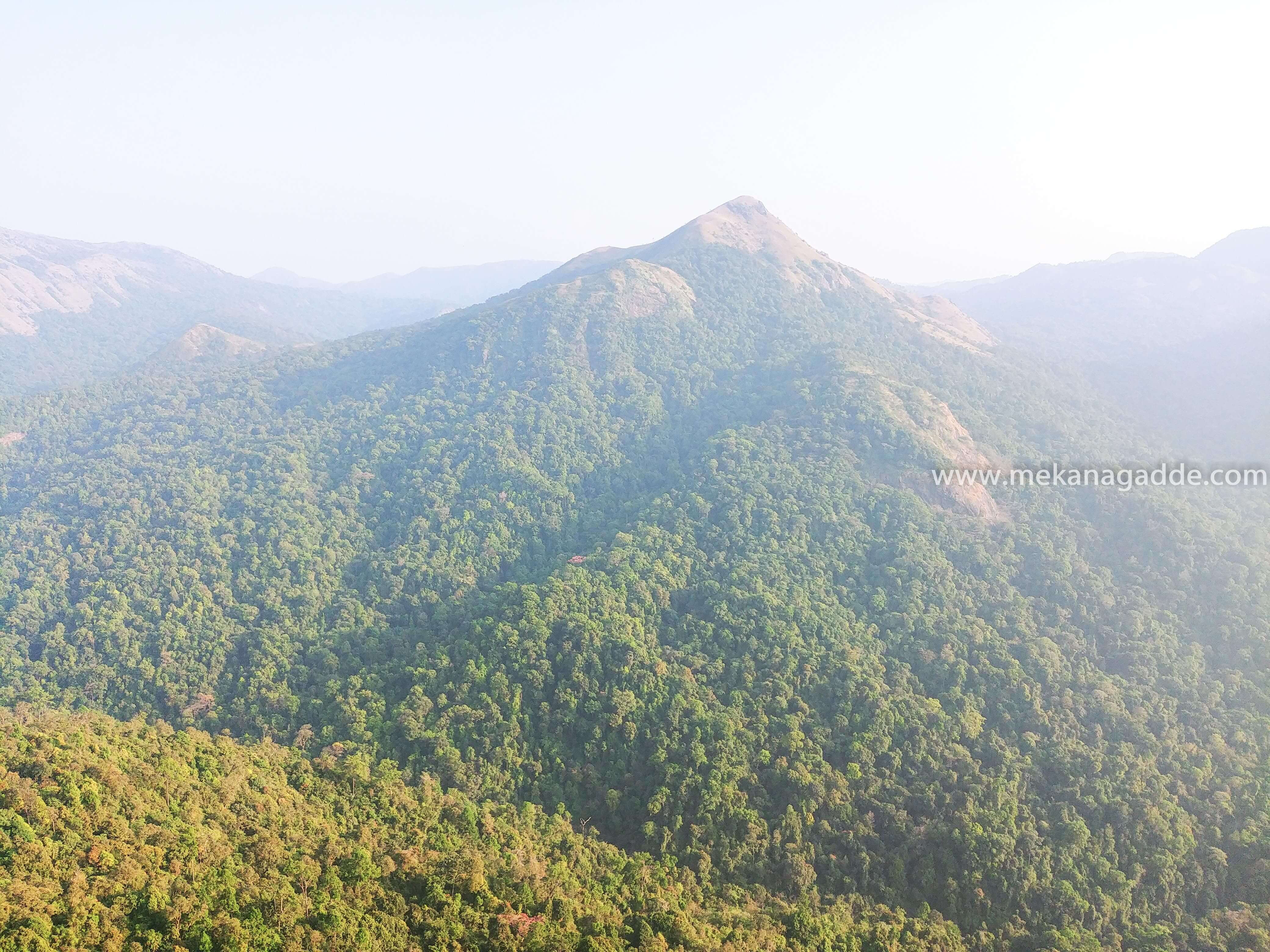The increase in tourism in the twentieth century set the place for the origin of ecotourism mainly because of two motives. Firstly, more tourism has cut down seriously on the natural environment causing extensive defeat to natural resources and secondly, ecotourism or the nature-based tourism is commonly accepted, presenting a clean and more steady, sustainable and commercially viable tourism goods that matched to the comfort of the tourists, entrepreneurs and the governments.

The objectives of the Karnataka Eco tourism board:
1. To create awareness regarding the conservation of forests and wildlife amongst the people in general and children and youth, in particular.
2. To encourage and promote tourism activities in the country in general and the State of Karnataka, in particular.
3. To encourage local community involvement in ecotourism and provide greater employment opportunities and economic benefits to the local people.
4. To assist in formulation of policies, laws and guidelines for organized development of ecotourism activities in the state.
5. To conduct research and impact-studies in ecotourism areas.
6. To promote ecotourism as a front line non consumptive activity of Forest Department.
7. To develop good practices to be followed by ecotourism operators.
8. To standardize and operate certification of ecotourism operators.
9. To train and certify nature guides.
10. To produce literature and electronic media material required for nature education and ecotourism promotion.
11. To facilitate linkages between public and private operators n the cause of conservation of wildlife.
12. To coordinate and liaise with national /international bodies, experts and funding agencies and receive contribution and funds from Government of India, State Government, National and International funding agencies etc.
13. To encourage local community involvement in ecotourism.
14. To maintain and facilitate ecotourism activities inside the parks and forest areas.
15. To develop trekking trails and operate wildlife safaris in the “Protected Areas”.
16. To encourage public-private partnerships (PPP) in the area of ecotourism, wherever the law permits.
Updates:
11 eco-trails have been identified within the Western Ghats region and the concerned authorities have already been notified. All the eco-trails will have a fee charged by the forest department, ranging between ₹500 to ₹1,000. The move is to encourage youngsters to come closer to nature and put an end to illegal treks in the woods
From my previous blog you can learn more about What is Eco Tourism? From adopting eco tourism in Western Ghats regions of Karnataka we can build a healthy tourism and preserve our nature for the future.

Leave a Reply
You must be logged in to post a comment.